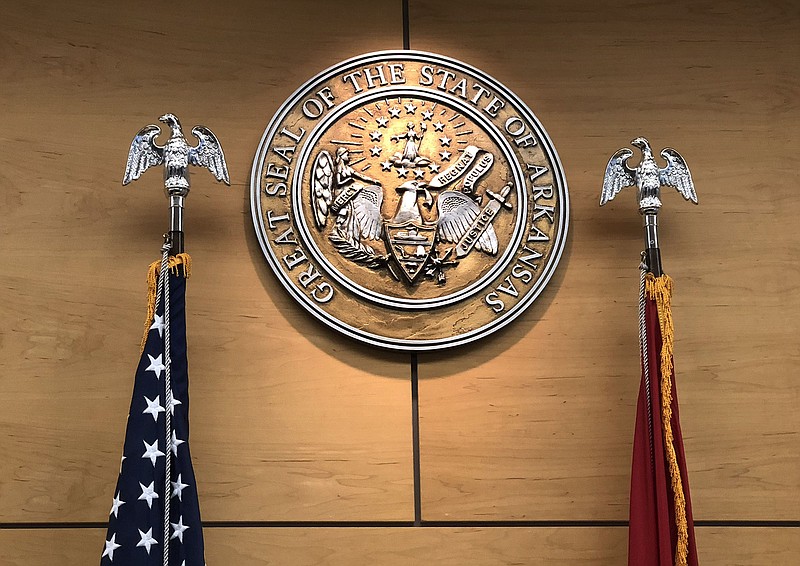Five Arkansas residents who say a quartet of new election laws puts their voting rights at risk have joined a lawsuit challenging the legality of those measures to help the original plaintiffs, the League of Women Voters and immigrant advocates Arkansas United, fend off an effort to have the litigation thrown out of court.
State lawyers have argued the suit, as originally filed in Pulaski County Circuit Court, should be dismissed because, among other things, neither of the plaintiffs was a voter.
The laws at issue are Act 249, involving voter identification; Act 728, regulating campaigning around the polls during voting; Act 736, affecting how ballots are validated; and Act 973, which sets deadlines for mail-in absentee ballots.
No hearing has been set. Circuit Judge Wendell Griffen is presiding over the suit, which was filed in May.
The plaintiffs argue those laws are unconstitutional, claiming they are really intended to keep poor and minority-group residents away from the ballot box or at least restrict their access to voting.
Supporters say the measures are necessary to strengthen election integrity and improve public confidence in the system. The General Assembly passed 24 laws related to election operations this year.
The lawsuit was amended Thursday to add five voters who regularly cast absentee ballots and oppose the new laws:
• Dortha Dunlap, 85, of Springfield is a cancer survivor who uses a walker to get around and fears that she can't meet the state's requirement that a voter's signature on their voter registration form match their absentee-ballot application, a new requirement under Act 249, due to her arthritis.
• Leon Kaplan, 79, a League member from Little Rock, needs help standing for lengthy periods of time and is concerned that Act 728, which regulates access to polling places, means he won't be able to have the assistance he needs to endure a long wait to cast his ballot at the polls
• Nell Matthews Mock, 72, of Little Rock also worries that arthritis has caused her signature to change so it doesn't match her voter registration any more, which she feels will make it harder for her to obtain an absentee ballot under the new laws.
• Jeffery Rust, 68, a 30-year Fayetteville resident, also has concerns about the signature-matching requirement since his signature has changed because of his eyesight being affected by macular degeneration.
• Patsy Watkins, 73, a Fayetteville League member, has not updated her voter registration since 1984 and worries that a signature mismatch caused by her arthritis would cause election officials to reject her absentee ballot application.

